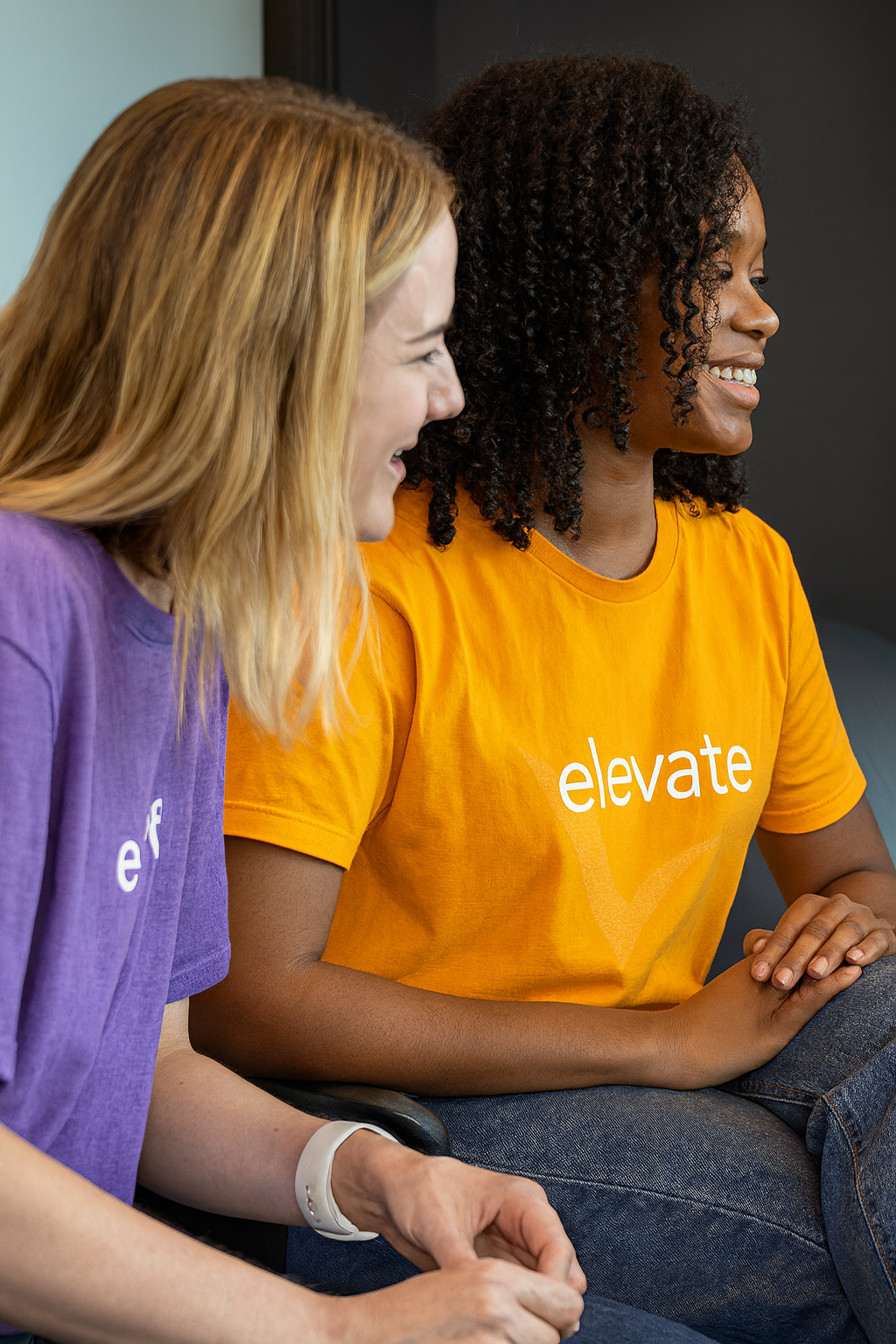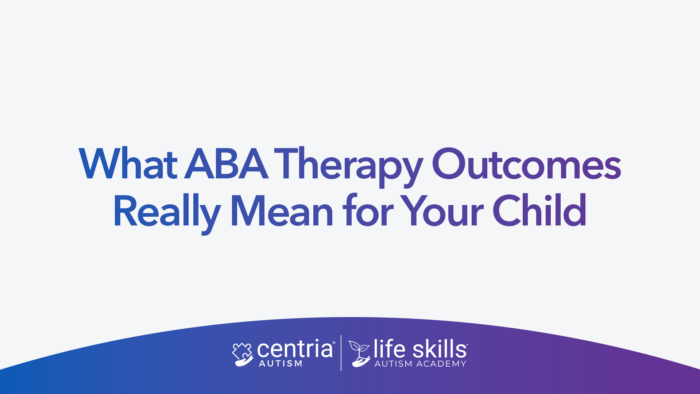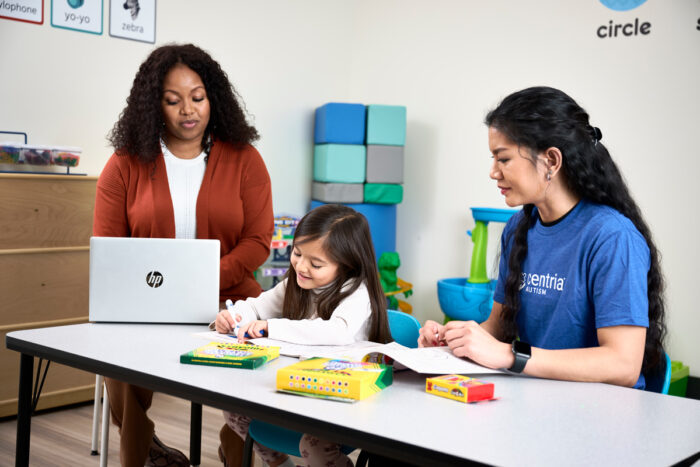For aspiring BCBAs (Board Certified Behavior Analysts), the journey to certification involves several requirements—one of the most critical being fieldwork. At first glance, it may seem like just another box to check on your path to meeting the BACB (Behavior Analyst Certification Board) criteria. But fieldwork is far more than that.
While your coursework provides theoretical knowledge, it’s your fieldwork that builds the foundation for your future practice. It’s where you develop real-world skills, professional habits, and the clinical judgment that will shape your identity as a clinician. In many ways, fieldwork impacts your growth even more than your academic training.
What You Gain from Fieldwork
Fieldwork gives you hands-on experience in the daily tasks of a practicing BCBA. You’ll engage in:
- Conducting assessments and creating treatment plans
- Supervising and supporting technicians
- Collaborating with families
- Analyzing data and modifying interventions in treatment plans
- Coordinating care with other professionals
You’ll also have opportunities to:
- Learn varied interventions from diverse clinicians
- Work with clients across different ages, complexities, areas of focus, and settings
- Develop professional collaboration and communication skills
But how meaningful your experience is depends greatly on where you choose to complete your fieldwork—and how actively you engage throughout the process.
Key Elements of a Strong Fieldwork Experience
1. Relationship-Oriented Supervision
Fieldwork is inherently a vulnerable phase of your journey—you’re learning, making mistakes, asking questions, and seeking feedback. That’s why trust and mutual respect between you and your supervisor is essential.
You should feel comfortable taking risks and making errors, knowing that your supervisor will guide you with understanding and transparency. The best supervisors share their own learning experiences, normalizing growth through reflection and imperfection. This kind of environment not only fosters your development but models the collaborative, human-centered approach you’ll one day use with your own supervisees.
2. Continuous, Bidirectional Reflective Feedback
Feedback is central to the practice of Applied Behavior Analysis (ABA), and fieldwork is the ideal time to practice both receiving and providing it.
Look for settings where feedback is:
- Ongoing and consistent
- Bidirectional—where your insights are welcomed, not just tolerated
- Reflective Practice—focusing on what went well, what could improve, and action steps for continued growth
Developing the skill to reflect on your own performance and accept feedback with curiosity, rather than defensiveness, is critical to becoming an ethical and effective BCBA.
3. Intentional and Comprehensive Experience
Fieldwork shouldn’t be about logging hours—it should be about growth. Seek environments where tasks are intentionally chosen to stretch your clinical skillset and prepare you for real-life scenarios.
As you move through your practicum, ask yourself:
- Am I working with diverse client profiles (age, setting, level of need)?
- Am I learning from more than one supervisor?
- Are my assigned tasks preparing me for the responsibilities of a future BCBA?
- Am I gaining exposure to various interventions and collaboration models?
A limited practicum experience can lead to a narrow skillset, which can ultimately hinder your confidence and effectiveness once certified.
RELATED CONTENT: Elevate: A Values Driven Path to BCBA
My Personal Fieldwork Journey
Year One: Depth in a School-Based Setting
During my first year of practicum, I chose a site where I could work across different settings—school, clinic, and in-home. I began with a school-based placement under the guidance of a single, collaborative and relationship-focused supervisor. They took time to understand my learning style, shared their own early-career experiences, and created a safe space for open, honest feedback that went both ways.
Because of this trust, I felt empowered to ask questions, make mistakes, and learn. I worked with a wide variety of clients and was assigned tasks that mirrored what I’d eventually be responsible for as a BCBA. The feedback was consistent, collaborative, and always framed with growth in mind. I wasn’t just observing—I was preparing.
Year Two: Breadth Through Multiple Supervisors
My second year involved working with in-home and clinic-based clients under multiple supervisors. This diversity was invaluable. I saw how different clinicians approached similar situations with varied strategies and perspectives. I learned what styles resonated with me, and which didn’t. I learned interventions such as SBT (Skills-Based Treatment), systematic desensitization, and manding protocols that are the basis of the interventions I use to this day.
However, not all supervisory experiences were equal. I experienced firsthand how a lack of relationship-building and collaborative feedback from a supervisor can limit growth. It underscored how essential a safe, trusting environment is for meaningful learning.
Conversations with Other Clinicians
In talking with other BCBAs, I’ve noticed a trend. Those who treated fieldwork as a checklist, or had supervisors who did so, often expressed feeling unprepared or overwhelmed in their early practice. Others had strong relationships with a supervisor but lacked exposure to a variety of settings or client profiles, which limited their clinical flexibility and left them inexperienced in many areas and unable to support a multitude of clients later on.
It’s not just about hours—it’s about the quality of your experience.
Final Thoughts: Be Mindful and Intentional
Choosing a practicum site—and regularly reflecting on your experience—can feel overwhelming. But your future BCBA-self will thank you for being intentional.
When you become a BCBA, you’ll discover just how personal this profession is. Each clinician develops their own style—how they write programs, deliver feedback, collaborate with families, and support their teams. Your style will take form during your fieldwork.
So, choose a fieldwork experience that is:
- Relationship-oriented
- Focused on regular, reflective, bidirectional feedback
- Comprehensive and varied in its clinical experiences
This is your time to build a strong foundation—don’t let it be a checkbox.
Click here to learn more about Centria’s practicum program: Elevate.
About the Author:
This blog was written by Claire Holloway. Claire Holloway is a clinical director for the in-home Tucson, Arizona Centria team. She earned her Master of Science in Applied Behavior Analysis from Arizona State University before joining the Centria family. She is a Board Certified Behavior Analyst and a State Licensed Behavior Analyst in Arizona. Claire is passionate about helping not only individuals and families of individuals with Autism, but she is also driven to support the development and growth of clinicians and those aspiring to become clinicians.






